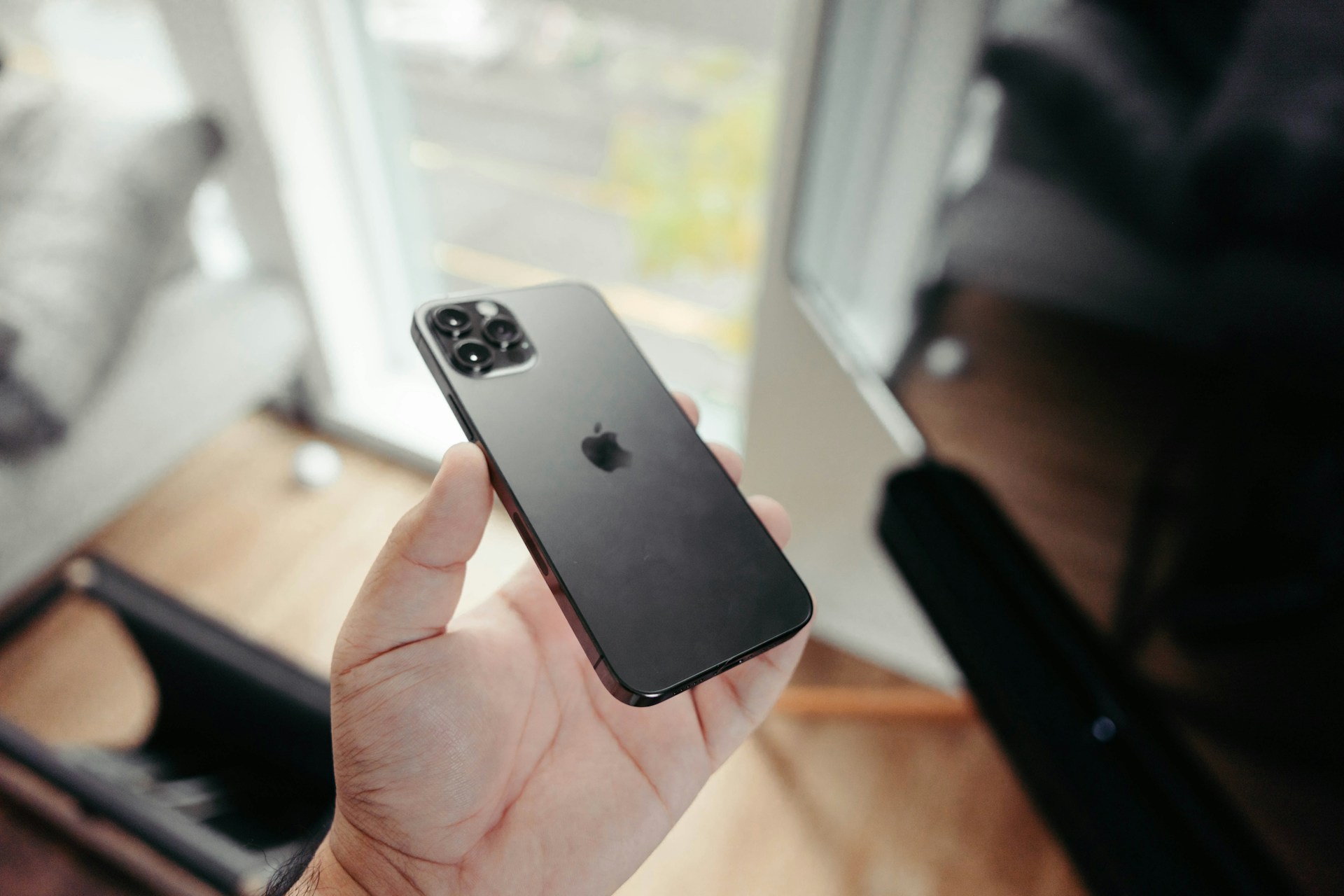Tech
Apple Axes iPhone SE, 14 Series – EU’s USB-C Rules Spark Big Changes

By the end of this year, Apple will stop selling the iPhone SE (3rd Gen) and iPhone 14 series to align with the European Union’s new USB-C universal charging rule, which goes into effect in January 2025.
The rule requires all new electronic devices sold within the EU to have USB-C as a supported standard, effectively ending the company’s Lightning port dominance within these regions.
Impact on Apple’s Current Lineup
So far, the oldest devices that Apple still sells directly are the iPhone SE (3rd Gen), iPhone 14, and iPhone 14 Plus. Since these devices use Lightning ports, they do not meet the EU directive, iGeneration wrote in its report.
Apple could have updated these devices by making USB-C versions, but the company has decided to discontinue them early.
The Cupertino titan typically maintains the previous years’ products for quite some time. The new rule will reduce the EU lifetime for those products.
In principle, the iPhone 14 family was meant to continue within the portfolio until next year with the launch of the iPhone 17, but the current ruling has essentially removed around a year from the EU lifespan of this product line.
Introducing the Fourth Generation of the iPhone SE
It’s not a transitional move without its gains: in spring 2025 Apple will unveil the fourth-generation iPhone SE. The new iPhone SE will reportedly sport an iPhone 14-like look, complete with an edge-to-edge display, enhanced camera features, and, most importantly, a USB-C charging port.
With this, Apple continues the tradition of providing consumers with an affordable alternative, that is entirely in line with what the EU wants. This is for consumers outside of the EU.
Sales in other regions outside of Europe will be extended for much longer for the iPhone SE (3rd Gen) and for the iPhone 14 series. The SE will survive until its replacement comes around in 2025, with a likely end for the series during the last quarter of 2025. This should give Apple the time they would want, from the gradual phase-out to comply with specific regional regulations.
Goodbye Lightning Port Era
Apple is finally closing the book on its proprietary Lightning connector, which has been an icon of its devices for over a decade. All new Apple products will come with USB-C ports by 2025, ensuring that every device is compatible with one another and in line with current global standards.
A Future-Facing Change
While the early retirement of these iPhone models might seem abrupt, Apple’s strategy ensures compliance with EU mandates while paving the way for an upgraded lineup.
Consumers can look forward to a seamless transition to USB-C, alongside new and improved devices like the fourth-generation iPhone SE.
In other news, Tech Times reported that there were already iPhone 17 rumors that might convince you to stop buying the latest iPhone 16 model.
Some of the hottest rumors include the new versions Slim and Air, improved ProMotion display, faster A19 processor, revamped selfie camera, and triple 48MP rear cameras for the iPhone 17 Pro variants.
As we always say about these rumors, take them with a grain of salt.









